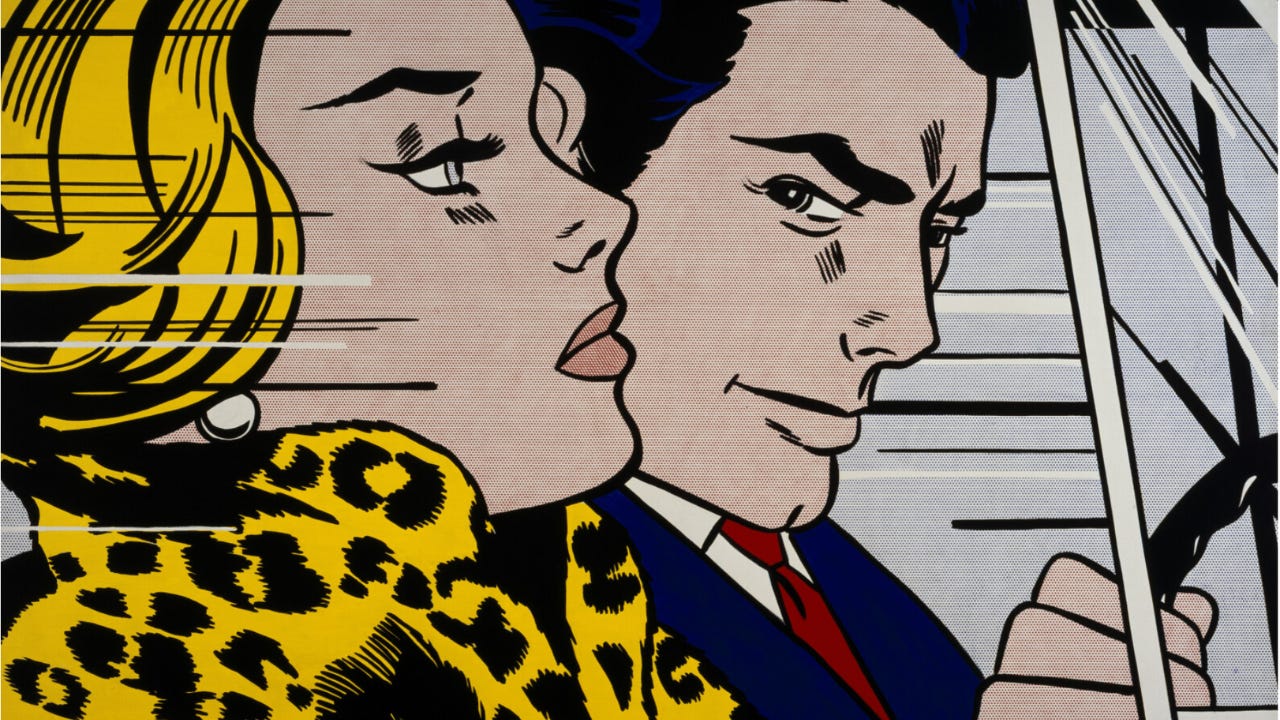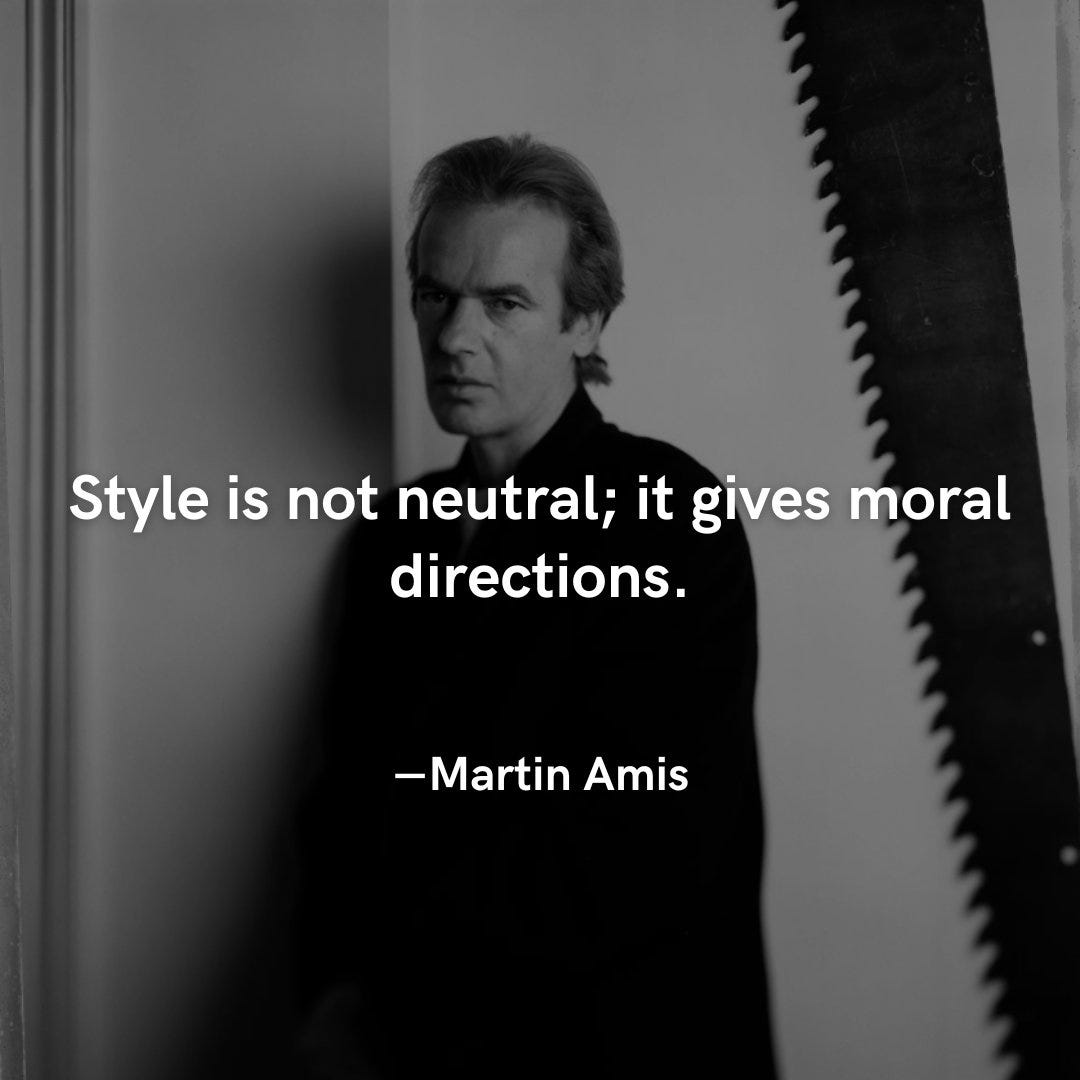What Is the Sound of Your Thoughts?
Is your mind a quiet stage, a raucous party, an endless lecture?
Growing up, I always felt confused by scenes in films where we overheard someone’s internal monologue. (Don’t watch if you’ve never seen Memento and want to preserve one of its surprises.)
I thought of it as a fictional device.
But an actual voice, running in your head, narrating moments and describing what you’re feeling, like an actor in a play?
Never had one.
Yes, I can dramatize verbal scenes in my head. And when I read and write (such as now), there is quiet internal vocalizing that occurs. I am perfectly capable of internal speech, but it’s a product of effort and focus, not something that occurs on its own.
Absent this intention, in most moments my world of thought is either silent or playing music.
What’s yours like?
I asked my wife, a writer, and she said she’s the same: no internal monologue.
Another writer friend of mine said he also lacked one, except in moments of self-recrimination.
Perhaps it is common that those who choose to write —who need to write — do so in part because they lack an internal monologue to reveal their thoughts.
It would explain why the phrase is commonly heard, “I write in order to find out what I think.” (I’d amend it say — I also write to discover what I feel.)
It could perhaps also explain why some writers are so taciturn or tongue-tied in interviews. They don’t think with their tongues. They think with their hands.
What’s it like for you? What do you hear, or not hear? Do you tend to have speech, images, sounds, silence?
Video of the Week
The late Martin Amis is a writer who had no problems shifting his arena from the page to the public stage.
Here, and in his writing, Amis evinces a charming hatred for clichés.
A cliché, he suggests, is not just a borrowed phrase or image; it’s a borrowed thought.
Use of cliché is both a symptom of what he calls “herd thinking,” and a contributor to it.
If your thoughts are shaped by the words you use, carelessness with words leads to sloppiness in thought.
The war against cliché is not simply about finding less-used words: it’s learning to pay attention to your experiences and impressions.
(I should note: as a number of viewers pointed out, Amis himself resorts to cliché here. Writers should work to “make it your own.” Even a “war against cliché” is itself a cliché.)
It’s impossible to express yourself in a language – a shared tool – without using borrowed phrases.
His point is that learning to attune your usage of words to your observations—to write from the world, rather than from others’ words— is what makes a writer unique.
It’s why painters sketch. It’s not simply to practice making shapes. It’s to practice seeing.
This river of words we bathe in—emails, social media, podcasts, TV—shapes us like stones in a stream bed. It makes it more difficult for us to see for ourselves, to have those observations, because our senses are so often directed not at the external world, but at the endless rush of others’ thoughts.
The Course Is Out!
After months of work, my course How to Attract the Attention of Highly Influential People launches today. Please check it out. If you’re building an audience or a business, it gives the strategies, tools, and techniques you need to build relationships with highly influential people online.
I’ve presented this twice to live virtual audiences, and was hearted to receive enthusiastic feedback.
This is an expanded version, with more detail, and bonuses on building your profile.
If this interests you, you can watch now.
Until the next time,
Ben






